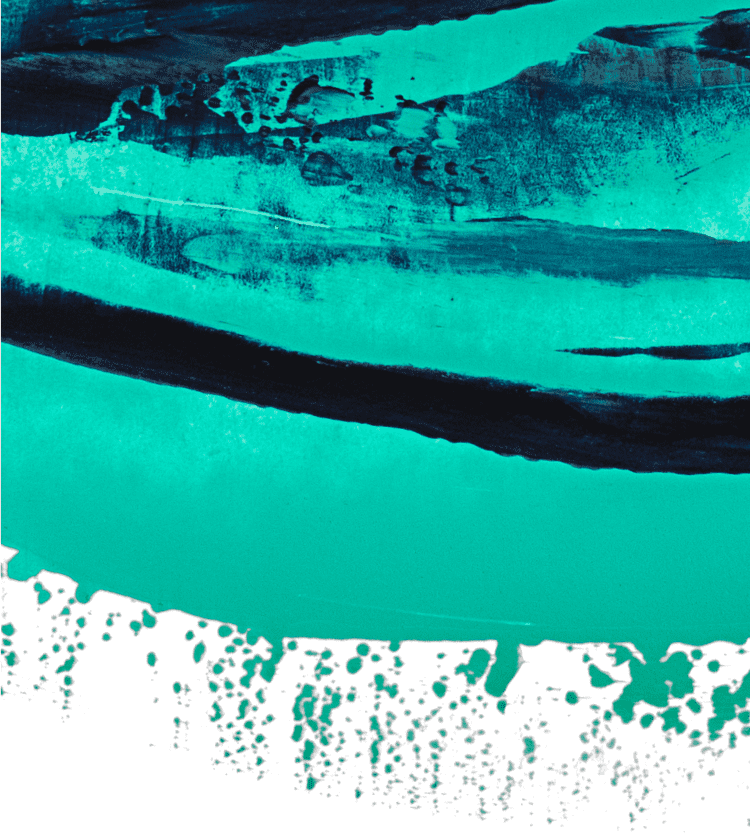

RESEARCH PROJECT
The RESTORE Trial
Australia’s largest ever treatment trial of posttraumatic stress disorder (PTSD) in military personnel and veterans is delivering groundbreaking results.
Research Publications

A short, effective therapy for posttraumatic stress disorder (PTSD) could decrease barriers to implementation and uptake, reduce dropout, and ameliorate distressing symptoms in military personnel and veterans. This non-inferiority RCT evaluated the efficacy of 2-week massed prolonged exposure (MPE) therapy compared to standard 10-week prolonged exposure (SPE), the current gold standard treatment, in reducing PTSD severity in both active serving and veterans in a real-world health service system. This single-blinded multi-site non-inferiority RCT took place in 12 health clinics across Australia. The primary outcome was PTSD symptom severity measured by the Clinician-Administered PTSD Scale for DSM-5 (CAPS-5) at 12 weeks. 138 military personnel and veterans with PTSD were randomised. 71 participants were allocated to SPE, with 63 allocated to MPE. The intention-to-treat sample included 138 participants, data were analysed for 134 participants (88.1% male, M = 46 years). The difference between the mean MPE and SPE group PTSD scores from baseline to 12 weeks-post therapy was 0.94 [95% confidence interval (CI) −4.19 to +6.07]. The upper endpoint of the 95% CI was below +7, indicating MPE was non-inferior to SPE. Significant rates of loss of PTSD diagnosis were found for both groups (MPE 53.8%, SPE 54.1%). Dropout rates were 4.8% (MPE) and 16.9% (SPE). MPE was non-inferior to SPE in significantly reducing symptoms of PTSD. Significant reductions in symptom severity, low dropout rates, and loss of diagnosis indicate MPE is a feasible, accessible, and effective treatment. Findings demonstrate novel methods to deliver gold-standard treatments for PTSD should be routinely considered.

Posttraumatic stress disorder (PTSD) can be a severe problem, affecting veterans and military personnel at higher rates than the general community. First-line treatment for PTSD, prolonged exposure (PE), is typically delivered weekly for 10–12 weeks, however this duration can pose a barrier to accessing and completing the treatment, particularly for current serving military. This paper presents the RESTORE trial protocol, the first randomized controlled trial of massed PE therapy outside of the United States and by an independent research group.
One hundred and thirty-five Australian Defence Force members and veterans (18–80 years) who meet criteria for PTSD related to a military trauma will be randomly allocated to one of two conditions: standard PE (SPE; 10 weekly 90-min sessions) or massed PE (MPE; 10 daily 90-min sessions). Across eight sites, patients will be assessed at pre-treatment, and at 4 weeks, 12 weeks, and 12 months post-treatment commencement. The primary outcome is clinician-measured and self-reported PTSD symptom severity at the 12 week assessment. We hypothesize that MPE will be as effective as SPE in reducing PTSD severity at 12 weeks post-treatment commencement. The adaptation and testing of evidence-based interventions is critical to reduce barriers to treatment uptake among veterans and military personnel. Outcomes of this study have the potential to result in international, cross-service uptake and delivery of this rapid treatment for veterans and military members, as well as civilians, thereby improving clinical outcomes for patients and their families.
